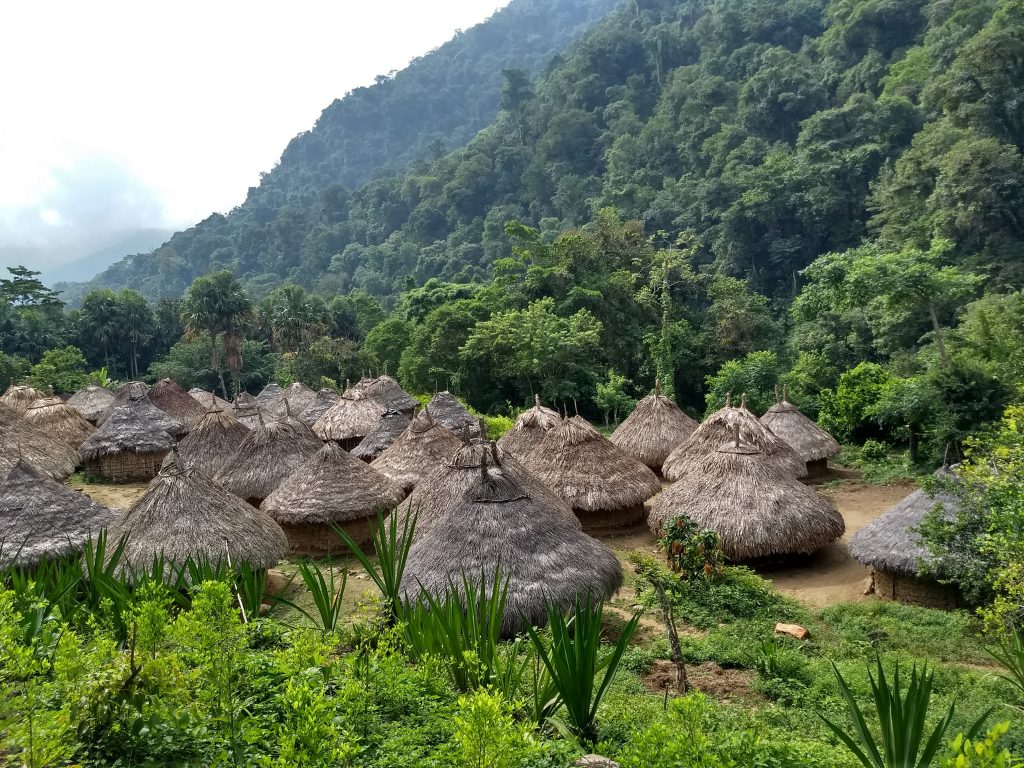Final work outline

“If we equip and empower communities to heal, to know and build their healing capacities, and to affirm communal obligations as part of the pursuit of good health -as Indigenous models suggest are possible- we would tap not only the strengths of a vibrant public health resource but also the potential healing and disease prevention that only strong communities can produce”
(Carolyn Smith-Morris, 2020)
For our course “Writing the Field” I want to work on a paper about the concept “Western medicine” as a problem of overgeneralization. The concept “Western medicine” has been used indistinctly and abundantly without considering how imprecise and equivocal is.
Is “Western” the most appropriate adjective to describe what the authors are trying to refer to? I think not. There are countries that follow the same patterns of “Western” thinking that she describes that are not in the West. These authors are overgeneralizing by using the adjective “Western.
Thus, one important point will be talking about the fallacy and cognitive distortion called overgeneralization. This distortion of thought consists of drawing a general conclusion from a single particular fact without sufficient basis. For example, a person who looks for a job and does not find it and concludes: “I will never get a job.” Another person who feels sad and thinks: “I will always be like this.”
It may even be unfair to say “Western” and imply that “Western” refers to non-indigenous thinking, because Western countries also include Guatemala and Bolivia, where indigenous people make up more than 40% of the population. I think the big conceptual gap is that the term “Western” is not very well defined.
Another problem is that by opposing “Western” one might conclude that “Eastern” is the solution to the problems authors describe. However, is that what researchers and academicians want to say when they use the concept “Western medicine”?
To contribute to a clarification of this concept I will write a paper that contains the following sections:
- What has been referred to as “Western” medicine?
- “Western medicine as opposed to “Eastern medicine” or what?
- Marginalization: unfair competition against Indigenous knowledge
To do this, I have set some deadlines:
Introduction : February 4
First section : February 13
Second section : February 27
Third section : March 12
Conclusion : March 19
My working abstract will be:
Abstract. Is “Western medicine” the most appropriate adjective to describe what contemporary researchers are trying to refer to? Perhaps not. What do researchers and academics mean when they use the term “Western medicine”? Is “Eastern medicine” the opposite? There are countries that follow the same patterns of “Western” thinking that they describe that are not in the West. It may even be unfair to say “Western medicine” and imply that “Western” refers to non-indigenous thinking. However, there are two countries in the West, Guatemala and Bolivia, where indigenous people make up more than 40% of the population. Therefore, the term “Western medicine” has been used vaguely and abundantly without considering how imprecise and ambiguous it is. There is a problem of overgeneralization, which is the fallacy and cognitive distortion called overgeneralization. This distortion of thought consists of drawing a general conclusion from a single particular fact without sufficient basis. For example, a person who looks for a job and does not find one and concludes: “I will never get a job. Another person who feels sad and thinks: “I will always be this way. A Google search for “Western medicine” shows 9,860,000 results (January 30, 2024), which shows how widespread this term is. So in this study we want to answer the question: What is the problem with the term “Western medicine”? In this study we will not analyze the possible shortcomings of the practice of “Western medicine”, but the use of the term. To do so, we will examine what has been called “Western medicine,” describe the possible opposites of “Western medicine,” and explain how the use of this term has contributed to the marginalization of indigenous traditional medicine.
Keywords: Western medicine, Traditional Medicine, Indigenous, Biomedical medicine, Healing, Health
